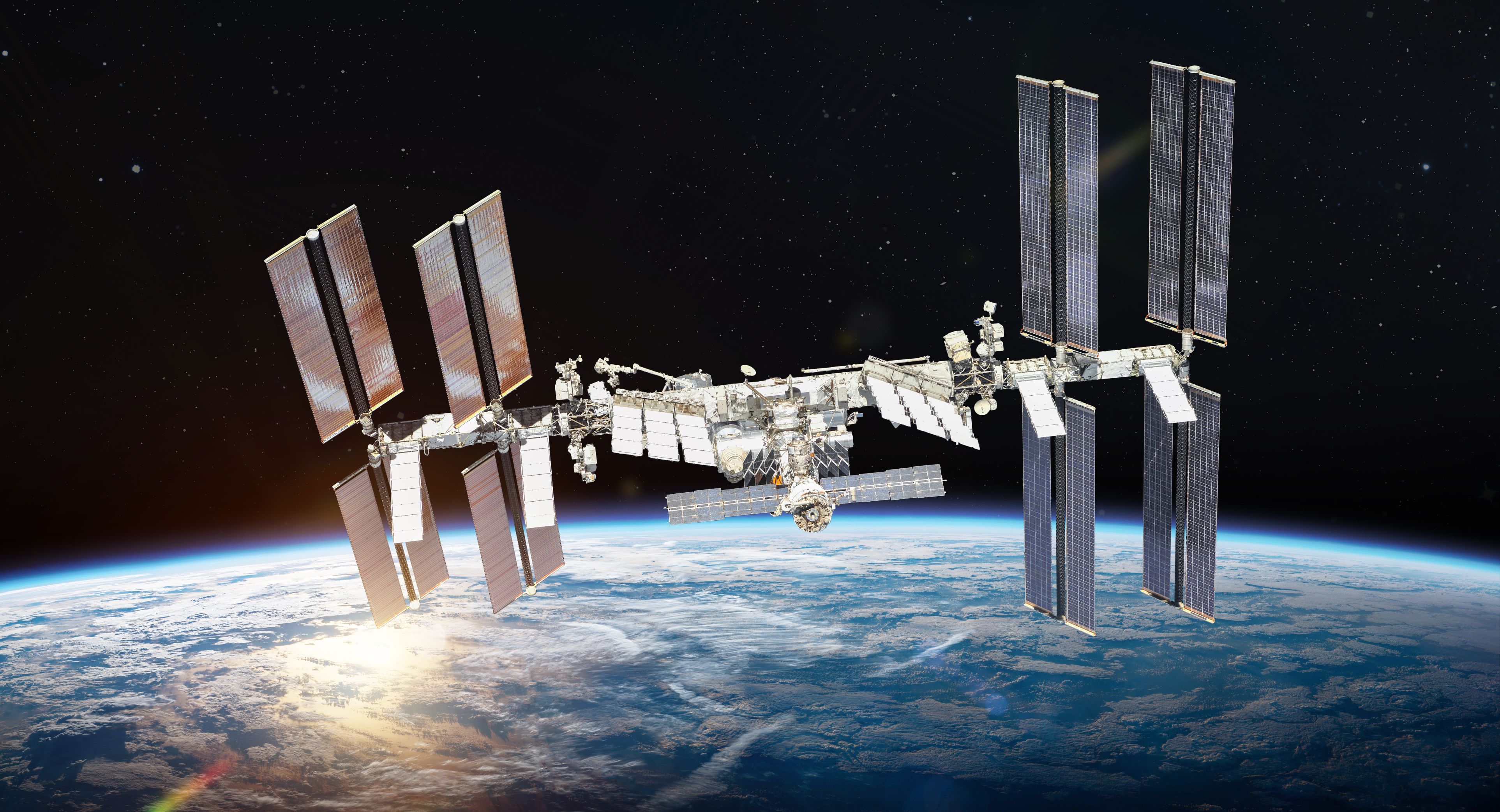NASA astronaut Frank Rubio recently completed a record-setting 371-day mission aboard the International Space Station (ISS). This extended stay, the longest by an American, was due to a coolant leak in the spacecraft intended for his return. Researchers are particularly interested in understanding the impacts of long-duration spaceflight on the human body as Rubio’s stint surpassed the previous U.S. record by 16 days, though it’s still short of the all-time record of 437 days set by Russian cosmonaut Valeri Polyakov.
Key Points:
- Extended Stay: Frank Rubio’s 371-day mission on the ISS became the longest single spaceflight by an American. His return was delayed due to a coolant leak in the returning spacecraft.
- Health Implications: Extended time in space can lead to muscle and bone mass reduction, vision problems, changes in gut bacteria, skin sensitivity, and DNA alterations, among other health issues. Rubio’s experience will be invaluable for studying these effects.
- Historical Context: While Rubio’s mission sets a new American record, it’s still shy of the global record set by Russian cosmonaut Valeri Polyakov, who spent 437 days in space in the mid-1990s.
- Insights from Past Missions: Previous astronauts, such as Scott Kelly, have shown that long-duration spaceflight can affect skin health, gene expression, and the immune system.
- Future Space Exploration: Understanding the health implications of prolonged space travel is crucial as ambitions grow to send crews on longer missions, such as to Mars, which could take over three years.
Source: https://www.bbc.com/future/article/20230927-what-a-long-term-mission-in-space-does-to-the-human-body






